History is full of well-known events that have shaped our world, but behind these moments lie secrets and lesser-known facts that offer a deeper understanding of what really happened. Here are 21 secrets about famous historical events that might surprise you.
1. The Assassination of Abraham Lincoln
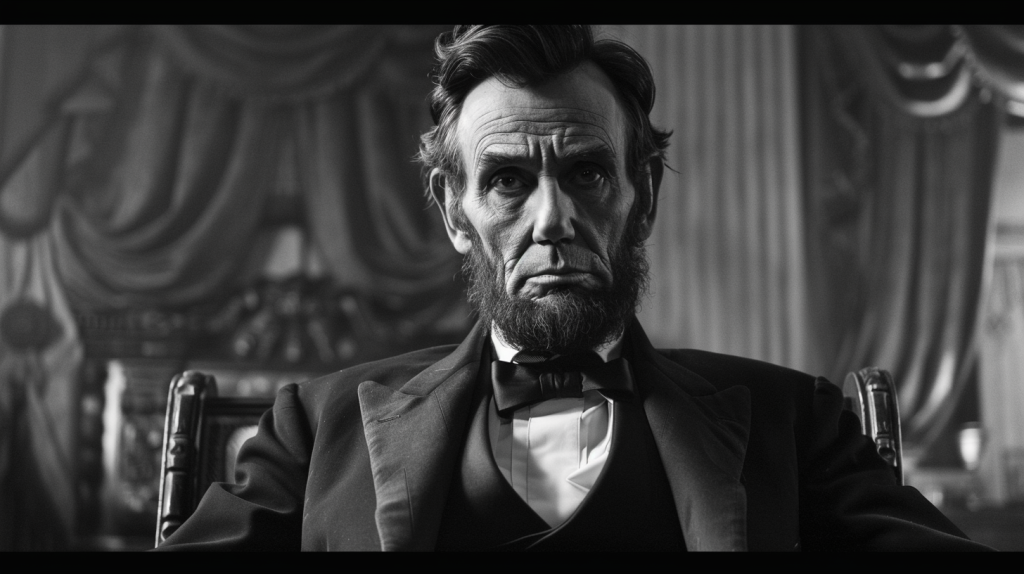
John Wilkes Booth, Lincoln’s assassin, was not acting alone. He was part of a larger conspiracy that also targeted Vice President Andrew Johnson and Secretary of State William H. Seward.
2. The Moon Landing
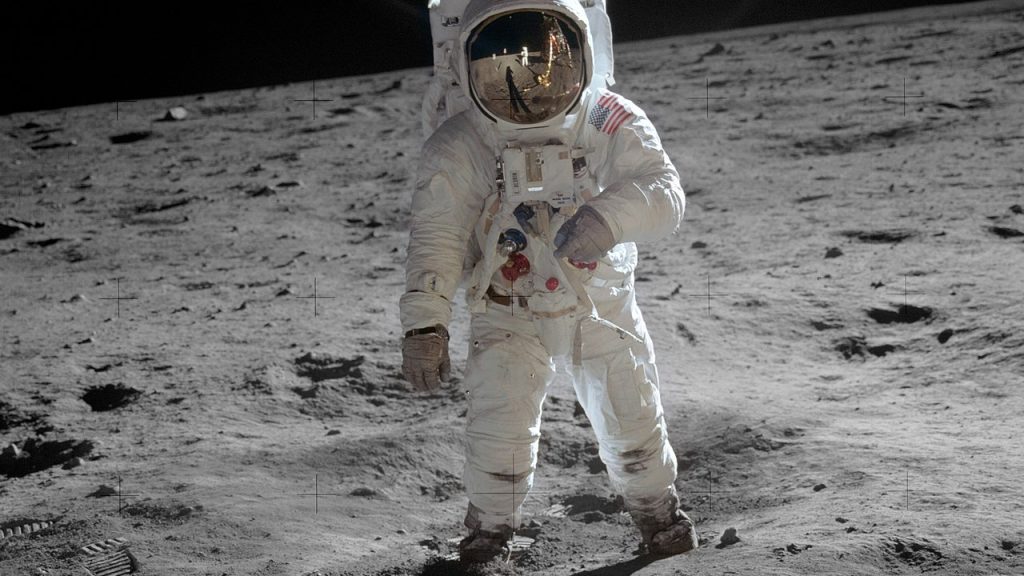
The U.S. government spent years monitoring the Soviet Union’s reactions to the Apollo 11 moon landing. They feared that the Soviets might try to discredit the mission as propaganda.
3. The Titanic

The Titanic’s crew had warnings of icebergs in their path but continued at high speed. The ship was also carrying less lifeboat capacity than needed for all passengers due to outdated safety regulations.
4. The Roswell Incident
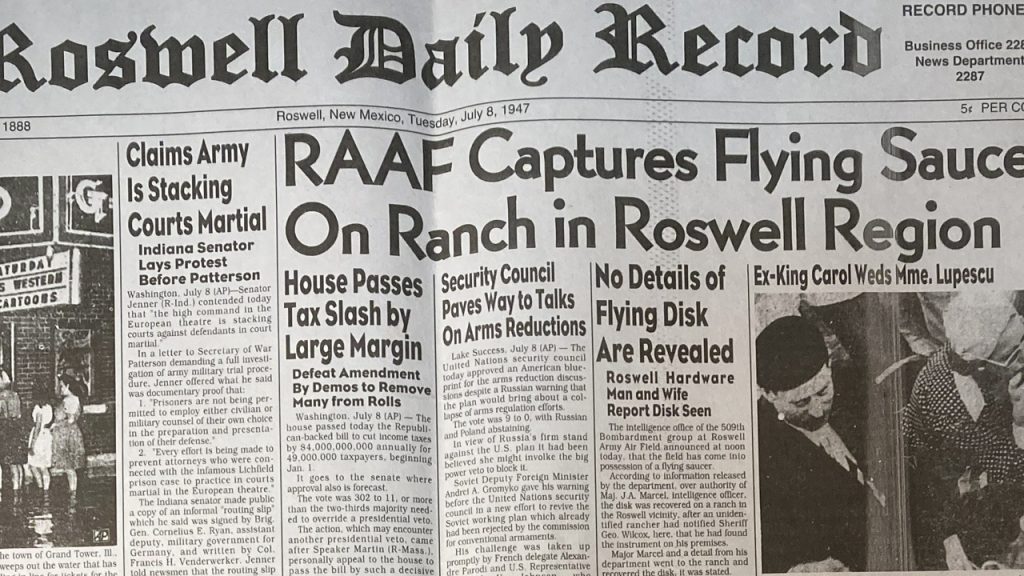
In 1947, the U.S. military initially reported capturing a “flying disc” near Roswell, New Mexico. This statement was quickly retracted, fueling conspiracy theories about alien cover-ups.
5. The Boston Tea Party
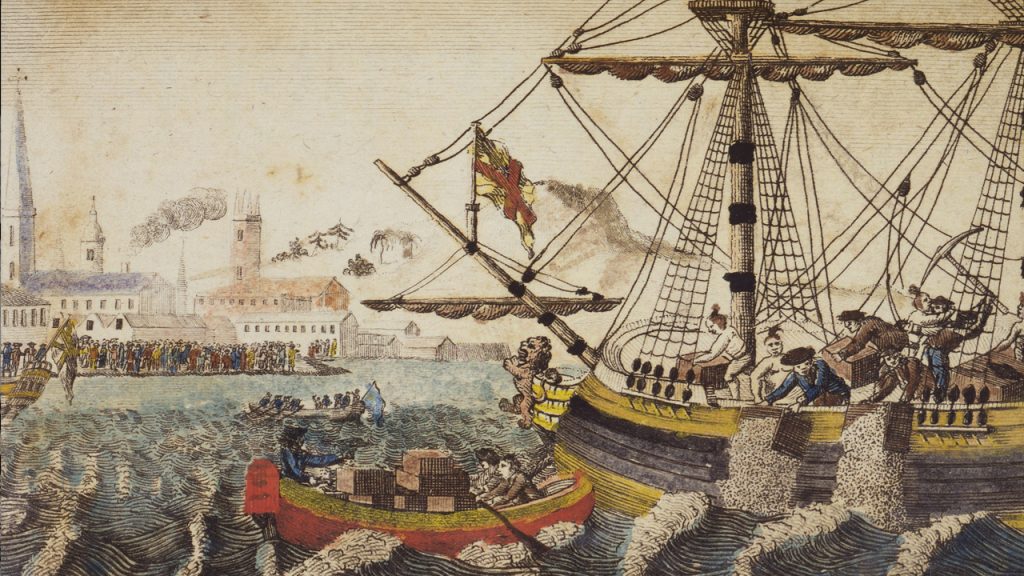
The Boston Tea Party was partly orchestrated by the Sons of Liberty, who dressed as Mohawk Indians to disguise their identities. This act of defiance was crucial in escalating tensions leading to the American Revolution.
6. The Attack on Pearl Harbor
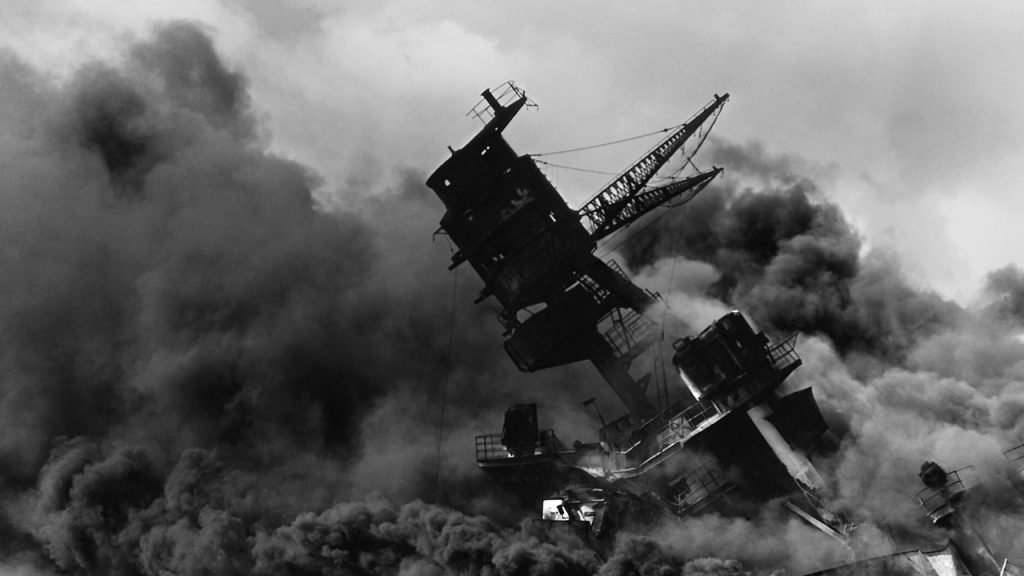
There were indications and warnings of a possible attack on Pearl Harbor before it happened. However, these warnings were not taken seriously, leading to the devastating surprise attack.
7. The Berlin Wall
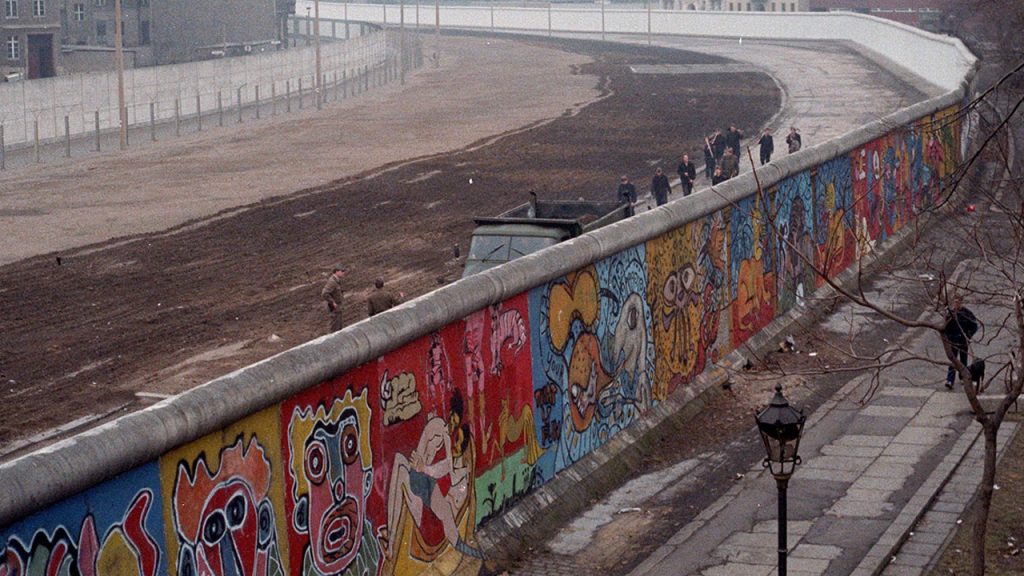
The Berlin Wall fell sooner than expected due to a botched press conference. An East German official mistakenly announced that the border would be open immediately, leading to a rush of people to the wall.
8. The Wright Brothers’ First Flight
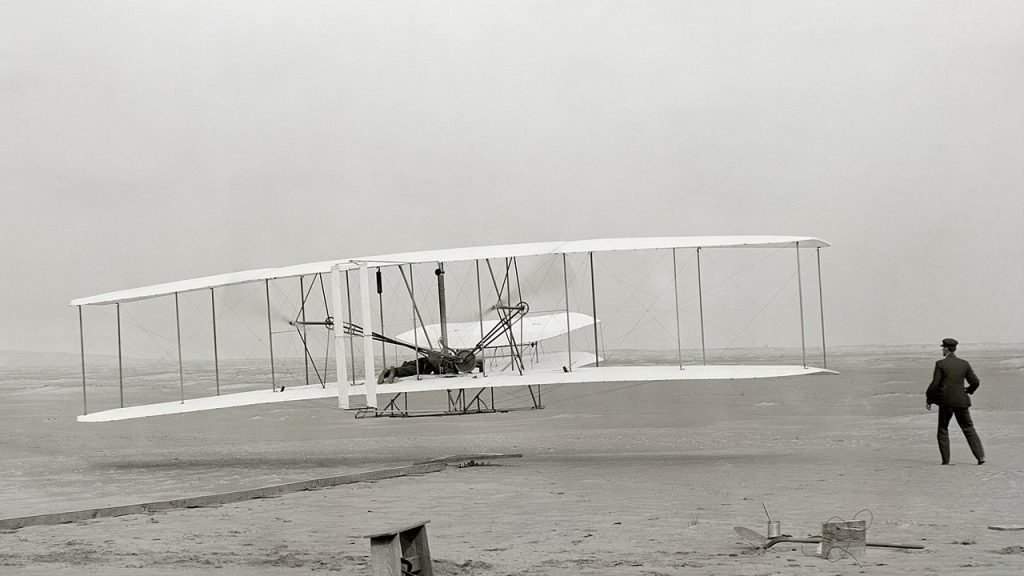
The Wright brothers’ success in flying was due to their meticulous study of aerodynamics and their invention of three-axis control, which allowed the pilot to steer the aircraft effectively.
9. The Cuban Missile Crisis
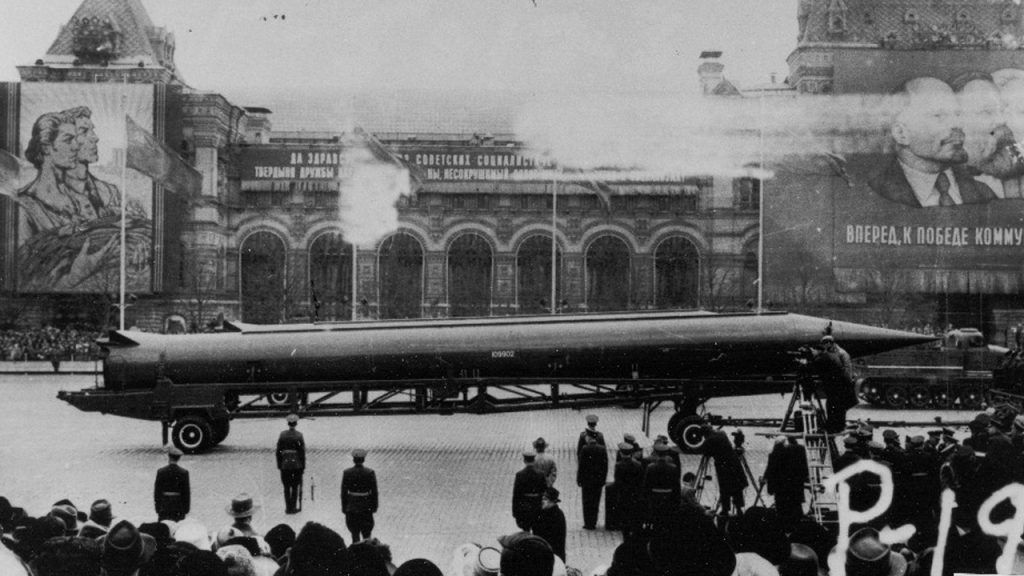
During the Cuban Missile Crisis, the U.S. and Soviet Union came perilously close to nuclear war. Secret back-channel communications between Kennedy and Khrushchev helped avert disaster.
10. The Salem Witch Trials
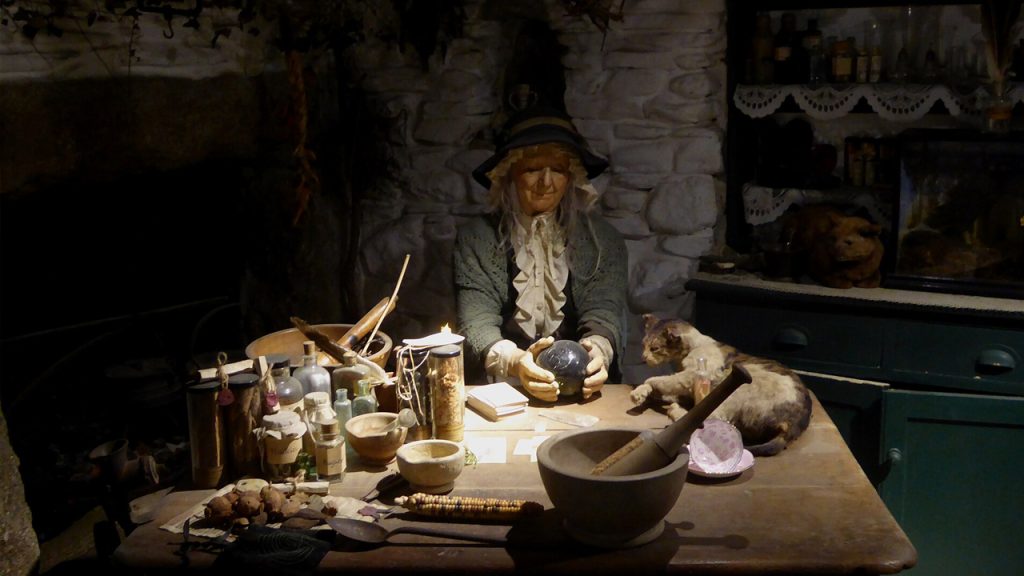
The Salem Witch Trials were influenced by local politics, personal vendettas, and mass hysteria. Economic and social tensions in Salem Village contributed to the witch hunt.
11. The Sinking of the Lusitania
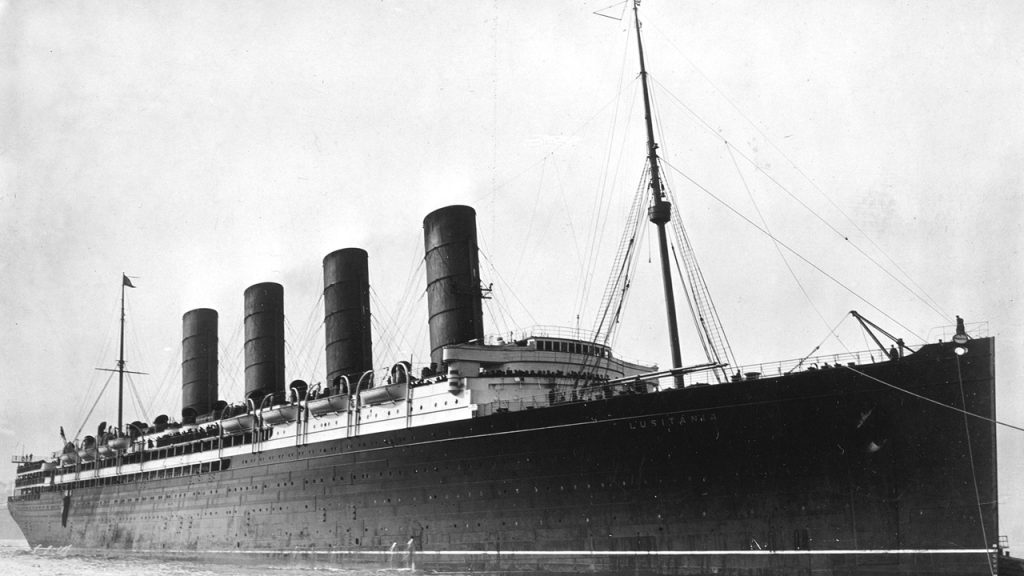
The sinking of the RMS Lusitania by a German U-boat in 1915 was a significant factor in the U.S. joining World War I. The ship was secretly carrying munitions, making it a target.
12. The Battle of Waterloo
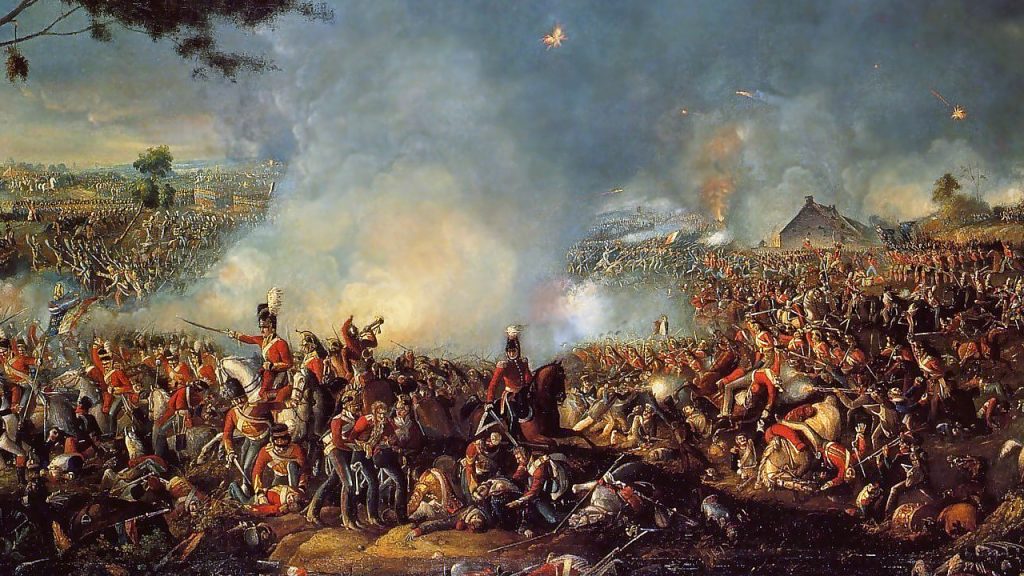
The outcome of the Battle of Waterloo was significantly influenced by the Prussian army’s timely arrival. Napoleon’s defeat marked the end of his rule and the Napoleonic Wars.
13. The French Revolution
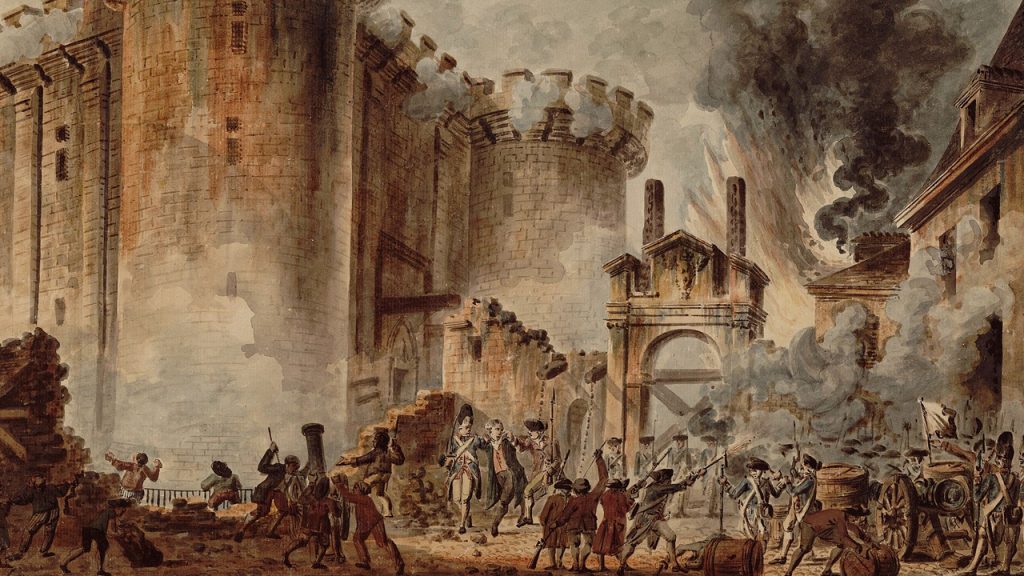
The French Revolution was fueled by widespread hunger and economic hardship. The storming of the Bastille was a symbolic act of rebellion against the tyranny of the monarchy.
14. The Discovery of Penicillin

Alexander Fleming discovered penicillin by accident. He noticed that a mold (Penicillium) had killed bacteria in a petri dish, leading to the development of the first antibiotic.
15. The D-Day Invasion
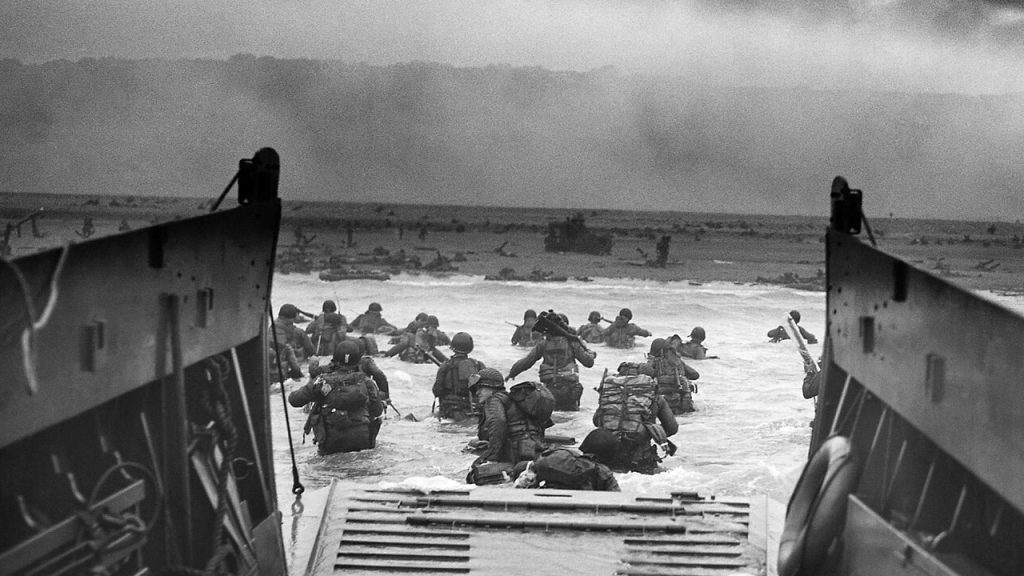
The success of the D-Day invasion was aided by extensive deception operations, including fake equipment and misleading intelligence, to confuse the Germans about the invasion’s location.
16. The Assassination of John F. Kennedy
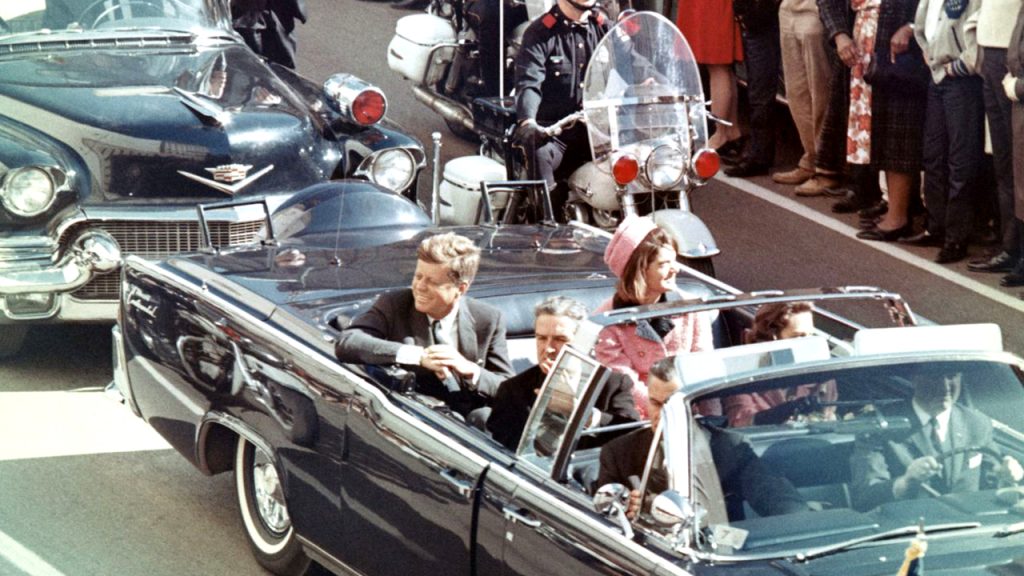
Various conspiracy theories surround JFK’s assassination. Some believe there were multiple shooters or that it was part of a larger plot, though the official report names Lee Harvey Oswald as the lone gunman.
17. The Space Shuttle Challenger Disaster
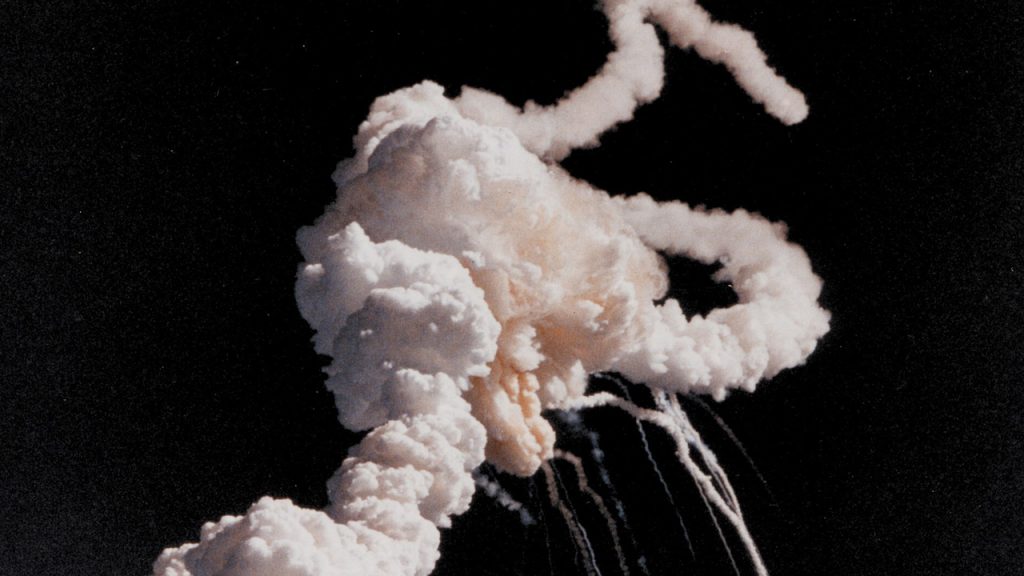
The Space Shuttle Challenger disaster was caused by the failure of an O-ring seal in its right solid rocket booster. The decision to launch despite warnings about the cold weather contributed to the tragedy.
18. The Manhattan Project
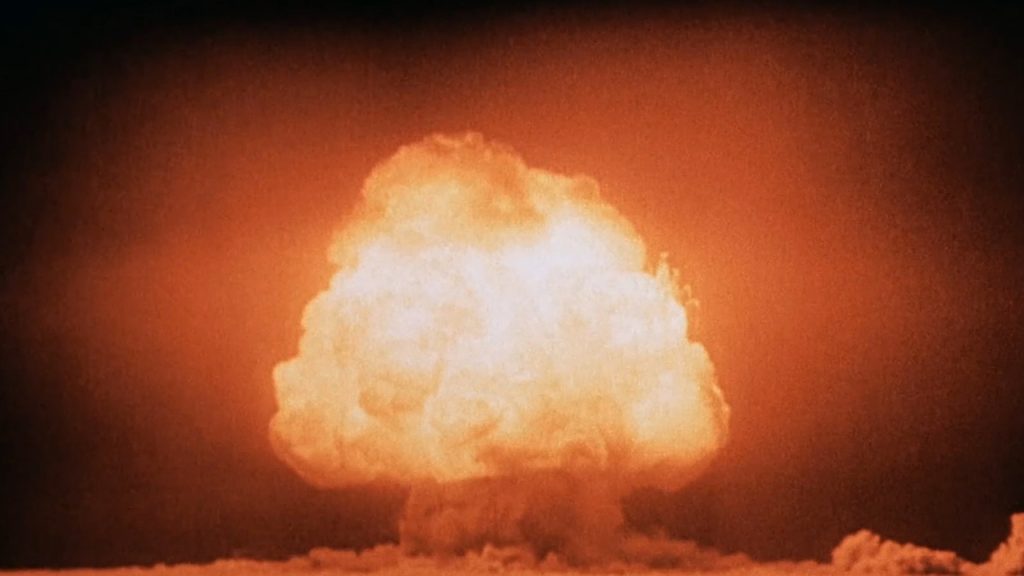
The Manhattan Project, which developed the first atomic bombs, was kept secret even from many of those working on it. The bombs dropped on Hiroshima and Nagasaki were initially justified as necessary to end World War II quickly.
19. The Fall of the Roman Empire
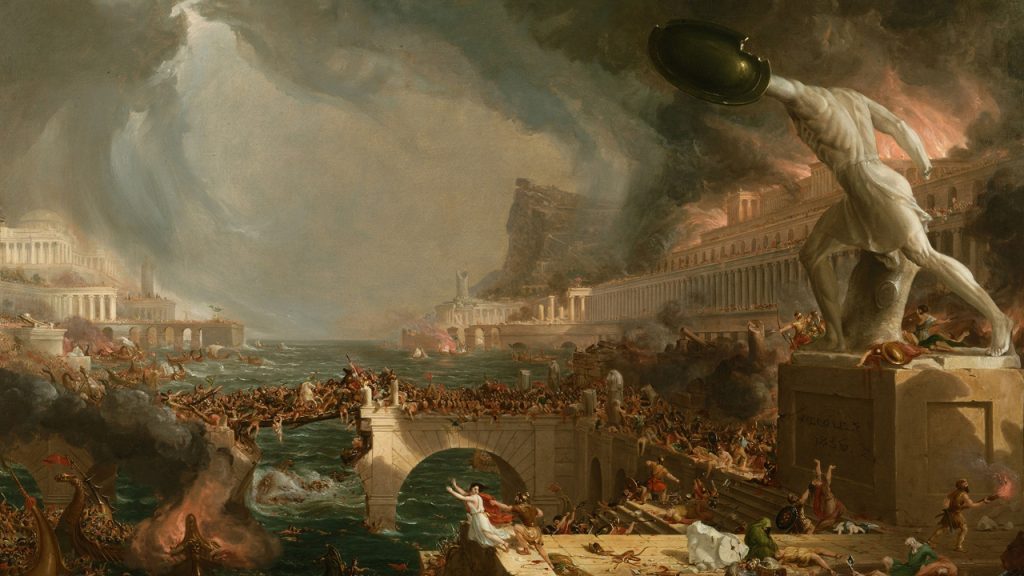
The fall of the Roman Empire was due to a combination of factors, including economic troubles, military defeats, and internal strife. It was not a sudden collapse but a gradual decline over centuries.
20. The Great Fire of London
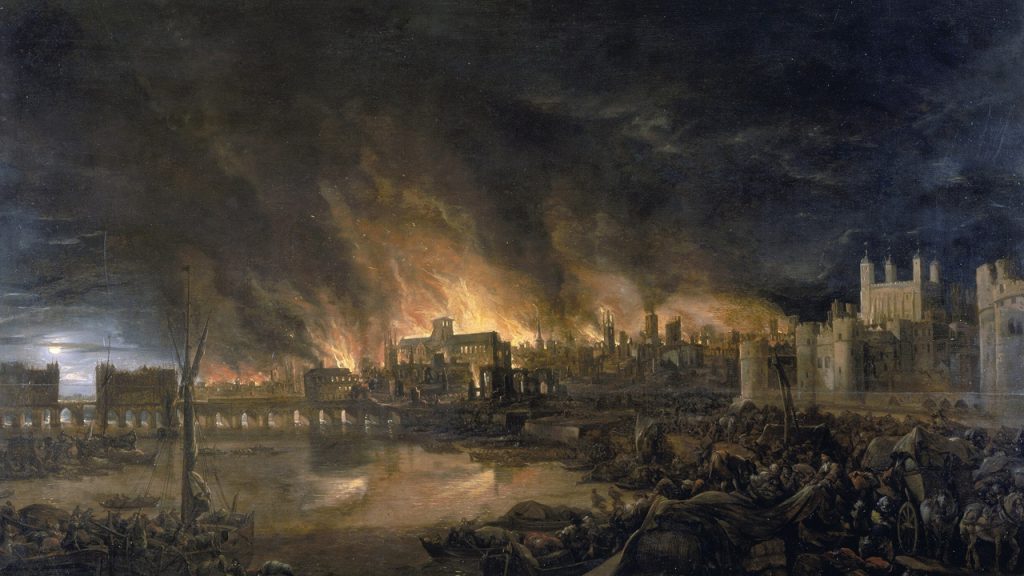
The Great Fire of London in 1666 started in a bakery and destroyed much of the city. The rebuilding led to significant architectural and urban improvements.
21. The Watergate Scandal
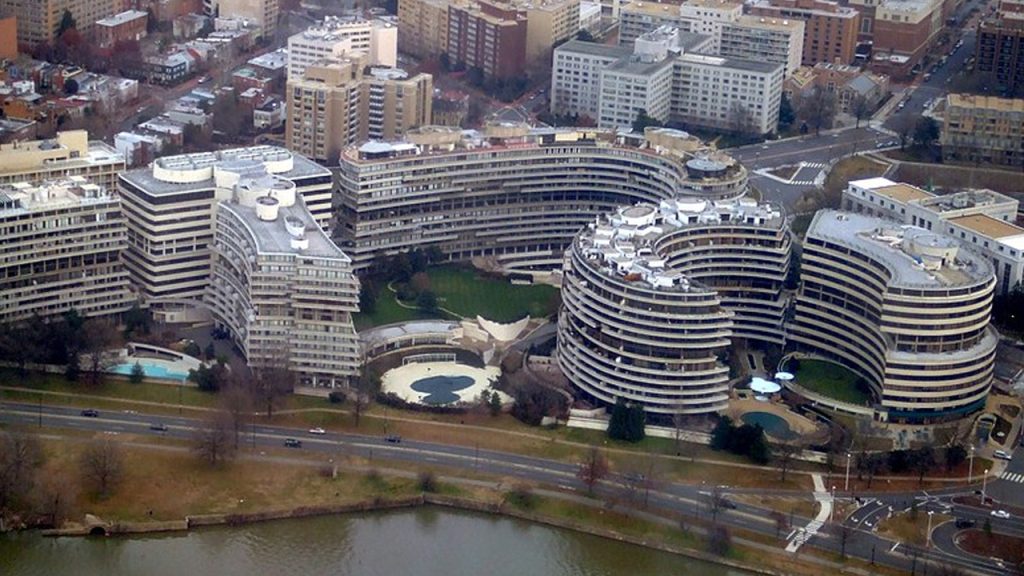
The Watergate scandal involved more than just a break-in at the Democratic National Committee headquarters. It revealed a wide range of illegal activities and abuses of power by the Nixon administration, leading to Nixon’s resignation.
Ellen has been obsessed with logic puzzles, jigsaws, and cryptograms since she was a kid. After learning she was taught how to play chess wrong by a family friend (so they could win), she joined her school chess club and the rest is history.

